Indonesia-Bangladesh Mission begins on the 26th in Jakarta
Calendar and Events |
The international missions agenda of the Brazilian Cotton Growers Association (Abrapa) kicks off its first trip this month in Indonesia followed by Bangladesh and ending on March 1st. In Indonesia, the focus will be on promoting market share recovery since in the 2022/23 market year Indonesia reduced its cotton imports by more than a third. Bangladesh, however, which was the country that most increased its purchases of Brazilian cotton in the same period.
The Brazilian delegation’s schedule includes technical seminars and a lot of networking with textile and clothing manufacturers. “We will present the prospects for foreign trade of Brazilian cotton and show the quality and sustainability indicators. We are concluding the 2023 quality assessment and we have managed to improve the grades of all the intrinsic characteristics of our cotton compared to the last season”, said the president of Abrapa, Mr. Alexandre Schenkel.
The trade mission kicks off in Jakarta, the Indonesian capital. On February 26th, Abrapa, in partnership with the Brazilian Embassy, will be hosting a business lunch with importers and entrepreneurs from the textile industry and in the evening the “Cotton Brazil Outlook Jakarta” seminar will be held. On the agenda is a presentation of innovations in the sector and updated numbers on the 2023/24 crop, the planting of which was recently concluded in Brazil.
The reduction in cotton imports by Indonesia in the 2022/23 cycle impacted Brazil. The Brazilian share of the Indonesian market went from 28% to 23%. “Our intention is to talk to customers about how Brazilian cotton can contribute to the local industry,” says Marcelo Duarte Monteiro, director of International Relations at Abrapa.
Indonesia is the fourth most populous country in the world and one of the most developed economies in Asia. Its textile industry is among the ten most important in the world. According to data from the World Trade Statistical Review 2023, Indonesia’s garment exports generated US$10 billion in 2022 representing 1.7% of the total exported around the world.
To keep up with the pace of the textile industry, the country became the seventh largest cotton importer in the world with 362 thousand tonnes purchased in the 2022/23 cycle, according to the United States Department of Agriculture (USDA). This is 35% lower than the 561 thousand tonnes recorded in the previous season (2021/22). “The market potential is still very large,” Mr. Monteiro explained.
Bangladesh – On February 27th, the Brazilian group will be heading to Bangladesh, the world’s largest cotton importer and which has the clothing industry as its main economic activity. Trade meetings, business lunches and dinners plus an edition of the “Cotton Brazil Outlook Dhaka” seminar are on the schedule for Bangladesh. Sectoral associations, government agencies and representatives of the business community will be the main the target audience for the delegation.
Unlike Indonesia, Bangladesh was the country that most increased its imports of Brazilian cotton in 2022/23. The 242 thousand tonnes purchased represent a growth of 18% in relation to the previous cycle resulting in a market share of 16%. The Bengali textile industry contributes to positioning the country as the second largest importer of Brazilian cotton, behind only China.
In 2022, Bangladesh had the second largest volume of clothing exports in the world, according to data from the World Trade Statistical Review 2023, generating US$45 billion and accounting for 7.9% of the global volume exported. In the 2022/23 cycle, the country was responsible for 19% of global cotton imports, recording a volume of 1.48 million tonnes.
Since 2019, Brazil has retained its position as the second largest cotton exporter in the world. For the 2023/24 market year, it is forecasted that 2.34 million tonnes will be exported.
The “Seller’s Mission” is one of the promotional activities carried out by Cotton Brazil, a brand that represents the Brazilian cotton production chain on a global scale. This program was conceived by Abrapa and is run in partnership with the Brazilian Trade and Investment Promotion Agency (Apex Brasil) and the National Association of Cotton Exporters (Anea).
